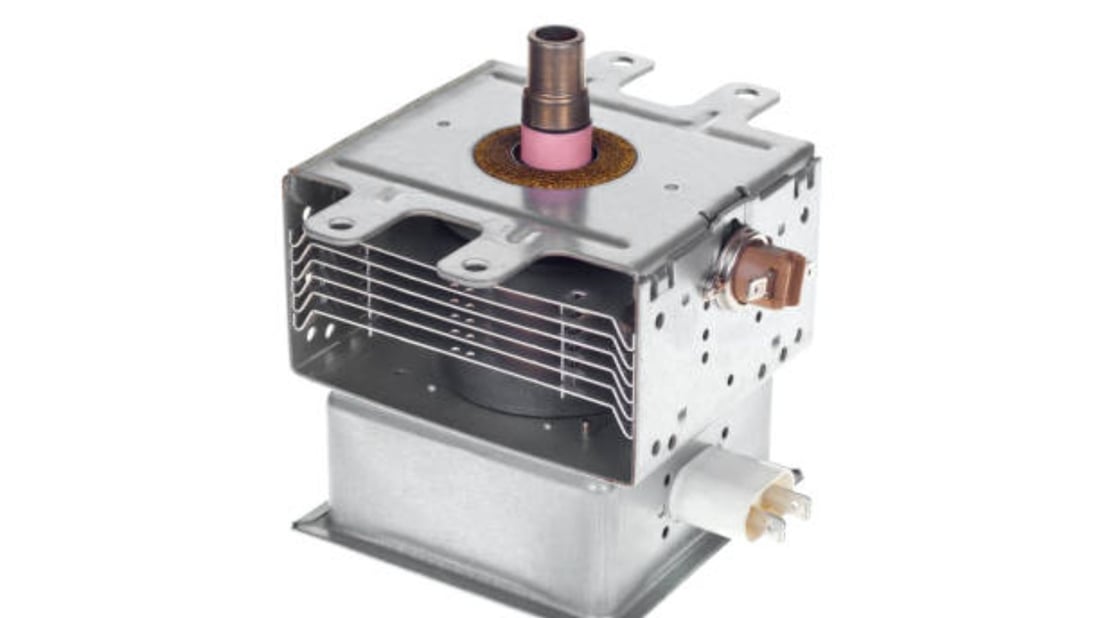The Definition of precision actuator
A precision actuator is a device that is designed to deliver accurate and precise mechanical motion or force. It is an essential component of various industrial and mechanical systems, and it has become increasingly important in the growing demand for high-precision machines and instruments.
The Types of Precision Actuators
There are several types of precision actuators, including linear actuators, rotary actuators, piezoelectric actuators, flexure actuators, stepping actuators, and more. Each type of actuator has unique capabilities and features that make them suitable for specific applications.
The Applications of Precision Actuators
Precision actuators are found in a wide range of fields, including robotics, aerospace, medical equipment, scientific instruments, and others. They are critical in applications where accuracy, speed, and precision are crucial for maintaining high-quality output.
The Benefits of Precision Actuators
Precision actuators offer various benefits, such as reduced downtime, increased accuracy, improved efficiency, and enhanced safety. They are also known for their low maintenance requirements and long lifespan, making them ideal for high-performance applications.
The Precision Actuators Market
The demand for precision actuators has been growing rapidly due to the increasing need for automation and precision in various industries. The global market for precision actuators is projected to reach US$ 74.3 billion by 2025, driven by the rise of smart factories and Industry 4.0.
The Future of Precision Actuators
The future of precision actuators looks promising as the demand for high-precision machines and instruments continues to grow. Advancements in materials science, nanotechnology, and robotics are expected to drive innovation in this field, leading to the development of more advanced and sophisticated actuators.
Choosing the right precision actuator is crucial for ensuring the optimal performance of industrial and mechanical systems. Factors such as the required level of accuracy, speed, and force, as well as environmental conditions, should be considered when selecting an actuator.
Precision actuators are a critical component of Industry 4.0, which refers to the fourth industrial revolution that is characterized by the integration of smart technology, automation, and data exchange in industrial processes. Precision actuators are essential for the development of smart factories that rely on high-precision machines and instruments.
The potential applications of precision actuators are vast, and they are expected to play a crucial role in various fields, such as biotechnology, flexible electronics, and energy production. The development of more advanced actuators will also enable the development of new technologies that are currently beyond our reach.
Precision actuators play a vital role in advancing technology by enabling the development of high-precision machines and instruments that are critical for scientific research, medical advancements, and industrial automation. They have revolutionized various industries and will continue to do so in the future.

